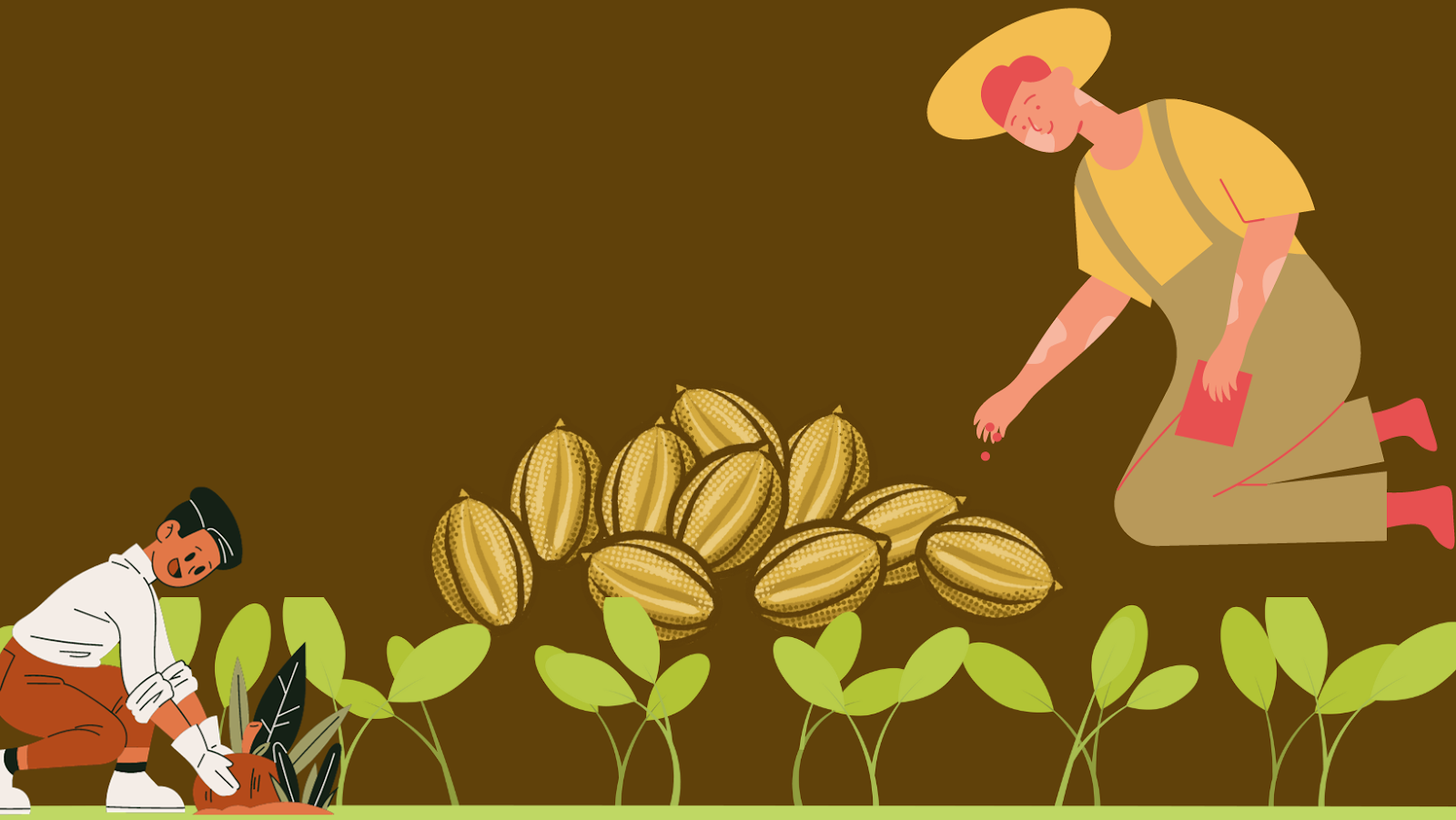Bharatiya Beej Sahkari Samiti Leads the Way in Bridging Traditional and Certified Seeds for Farmers’ Prosperity
The Bharatiya Beej Sahkari Samiti Limited (BBSSL) recently organised a symposium aimed at revolutionising the production of improved and traditional seeds through the cooperative sector, which is a first for India’s agricultural sector. BBSSL, founded in 2002 under the Multi-State Cooperative Societies Act, is leading efforts to ensure that high-quality seeds, both traditional and scientifically prepared, reach every farmer in the country. The symposium provided a forum for participants to discuss and implement strategies for increasing seed production, testing, certification, procurement, and processing.
Promoting Certified and Traditional Seeds : One of the main goals of BBSSL is to bridge the gap between traditional and certified seeds, making them more accessible to farmers. Traditional seeds, which are naturally cultivated in indigenous regions, are well suited to local environments, providing improved quality and nutritional value. BBSSL recognises the importance of traditional seeds in India’s agricultural landscape and seeks to preserve and promote their use.
Seed Production System in India : The symposium emphasised the importance of a structured seed production system in India. This system adheres to a limited generations approach, recognizing three crucial stages: Breeder, Foundation, and Certified seeds.
Breeder Seed : This is the progeny of the nucleus seed of a variety and is produced by the originating breeder or a sponsored breeder.
Foundation Seed : Foundation seed is the progeny of breeder seed and is essential to be produced from breeder seed, traceable to its source.
Certified Seed : Certified seed is the progeny of foundation seed, produced by registered seed growers under the supervision of seed certification agencies.
The Advantages of Seed Certification : In addition to improving the Seed Replacement Rate (SRR), which gauges the amount of cropped area covered with high-quality seeds, the symposium emphasised the many advantages of seed certification. Certification also ensures the preservation of genetic identity and seed purity, thereby promoting Indian varieties in the global market. India currently accounts for 0.6% of global seed exports, but with improved seed quality and certification, this figure is expected to rise significantly.
Other Seed Sector Initiatives in India : India’s seed industry is well-supported by a comprehensive framework that safeguards the interests of plant breeders and farmers alike. To protect intellectual property rights, support the seed industry, and regulate seed quality, three laws have been passed: the Seeds Act of 1966, the National Seed Policy of 2002, and the Protection of Plant Varieties and Farmers’ Rights Act of 2001.
Furthermore, India’s Seed Village Programme, which involves trained groups of farmers in the production of various crop seeds to meet their own needs, and the Sub-Mission for Seed and Planting Material (SMSP) under the National Mission on Agricultural Extension and Technology (NMAET) are initiatives that will strengthen the seed sector even further.
To conclude, the symposium that was recently arranged by BBSSL is evidence of India’s dedication to strengthening its agricultural sector and enabling its farmers. India is not only ensuring food security but also contributing to the global seed industry by bridging the gap between traditional and certified seeds and implementing stringent quality standards. India’s agricultural landscape is set to thrive with continued efforts and support from various government acts and policies, benefiting both farmers and the nation as a whole.


















